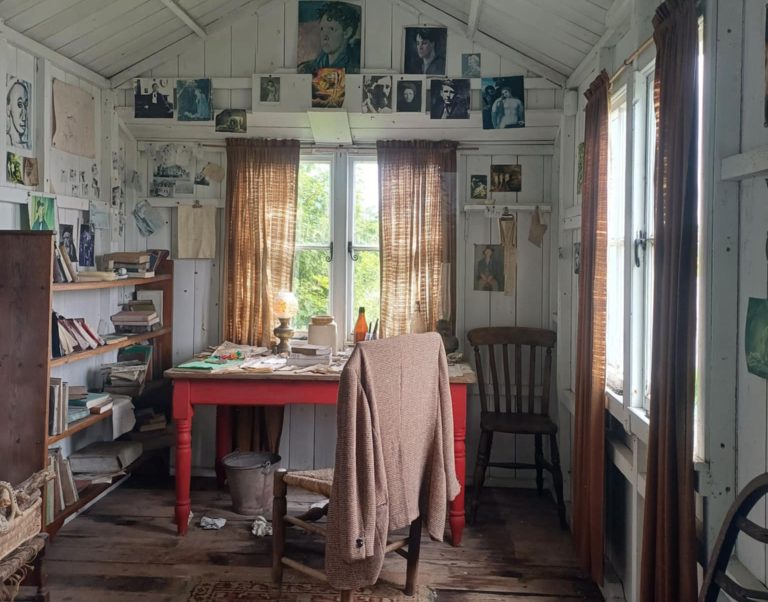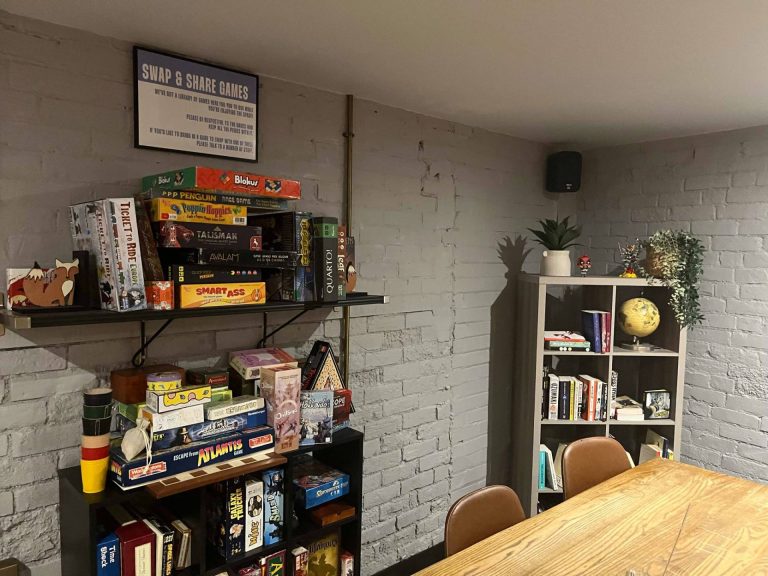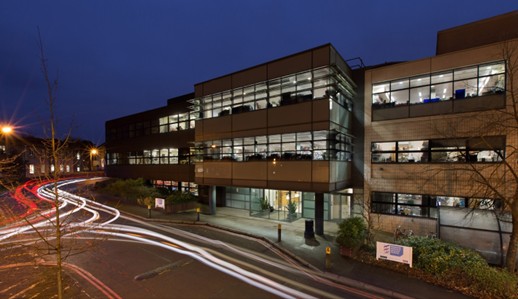“Love the words!”
That was the crisp command from Dylan Thomas, the 20th-century Welsh poet, to the cast of his radio play Under Milk Wood, just before a rehearsal in New York in 1953. Not long after, Thomas was dead. His entreaty to “love the words” is a fitting legacy. Thomas was a writer enchanted by the sound and song of language. He infused his work with the Anglo-Welsh rhythms absorbed during his childhood in Swansea and among Welsh speakers – despite not knowing the language himself. It is this unique brand of poetry that sings throughout Under Milk Wood.
Under Milk Wood is an idiosyncratic blend of verse, radio, and theatre of the mind. It captures a day in the ordinary life of the fictionalised Welsh village, Llareggub (spelling “bugger all” backwards), featuring an ensemble of eccentric characters.
We hear the gossipy repartee of neighbours, the Reverend Eli Jenkins’ “greenleaved sermon on the innocence of men”, and the musings of Captain Cat, still haunted by the ghosts of companions drowned at sea; Thomas distills the “big seas of their dreams” and evokes a world in the mind’s eye.
The most famous and beloved version was the 1954 BBC radio broadcast, with Richard Burton as the First Voice (one of two narrators). It invites listeners to conjure their own version of the “lulled and dumbfound town” from the musicality of Thomas’ words and the sound design they are surrounded by. The radio version is intimate; the narrators entreat us to “look”, “listen”, and “come closer now”, assuming a new joyful urgency via their direct address.
The radio version is not bound by the logistical constraints of the stage. Yet the play has also been performed in theatres countless times, and even adapted into film. So in which form can we “love the words” best – radio, or the stage?
One of the most innovative stagings came in the National Theatre’s (NT) version in 2021, directed by Lyndsey Turner. It retains the hallucinatory quality of the original play, but uses the conceit of a care-home setting to establish a frame narrative around Under Milk Wood.
At the heart of Turner’s version is the casting of Michael Sheen in the role of Owain Jenkins, a character unique to this interpretation. He fulfils the roles of the narrators with a joyous spontaneity – as if he had just thought of his lines. Sheen is all wheeling limbs and breathless poetry. There is an effortless ease to his movement between the dream-like world of Under Milk Wood and that of the care-home, where he visits his father who has dementia. Sheen’s verse becomes an attempt to help his father recall the Llareggub of his youth.
Turner largely maintains the pace of Thomas’ roving narrators, the First and Second Voice. Yet these transitions are seamless in radio. In this sense, a staged version of Under Milk Wood may always be trying to chase after audio’s aural echoes.
Indeed, the NT’s austere set still requires an imaginative leap from the audience into the world of Llareggub. In a theatre among hundreds, though, there is a sense of community more absent from audio. You are less like a child lulled to sleep by bedtime tales, and are instead conscious of being one in a crowd, as if in one of the pubs Thomas frequented, over-hearing him mutter to himself while scribbling.
Perhaps audio remains the best medium for a conventional interpretation of Under Milk Wood that highlights its poetry – where “sound [is] as important as sense”, as Poetry Foundation says of Thomas’ work. For when the BBC released Under Milk Woods, a spiritual successor to the play in honour of its 70th anniversary, it was dramatised for the radio. In five short episodes, it captured the daily life of ordinary modern-day Welsh people in five different places. As in the play, you are transported into the characters’ world by the narrators to “hear their dreams”. The format of Under Milk Woods displays how the now-episodic nature of audio drama has begun to shape aural storytelling, even within the radio play tradition.
So in staging Under Milk Wood, which version is more successful? The rich baritone of Burton or the electrifying physicality of Sheen? Should stage try to imitate the radio, or play to its own visual strengths?
Future dramatists will continue to grapple with these concerns, against the backdrop of ever-increasingly popular audio forms. You’ll be able to see for yourself by watching Guy Masterson’s one-man rendition of Under Milk Wood, showing at the Oxford Playhouse this July.
But come what may, the poetry of Dylan Thomas and Under Milk Wood will endure – for “death shall have no dominion” over his song.
Guy Masterson’s performance of Under Milk Wood will be at the Oxford Playhouse on 15th July.










